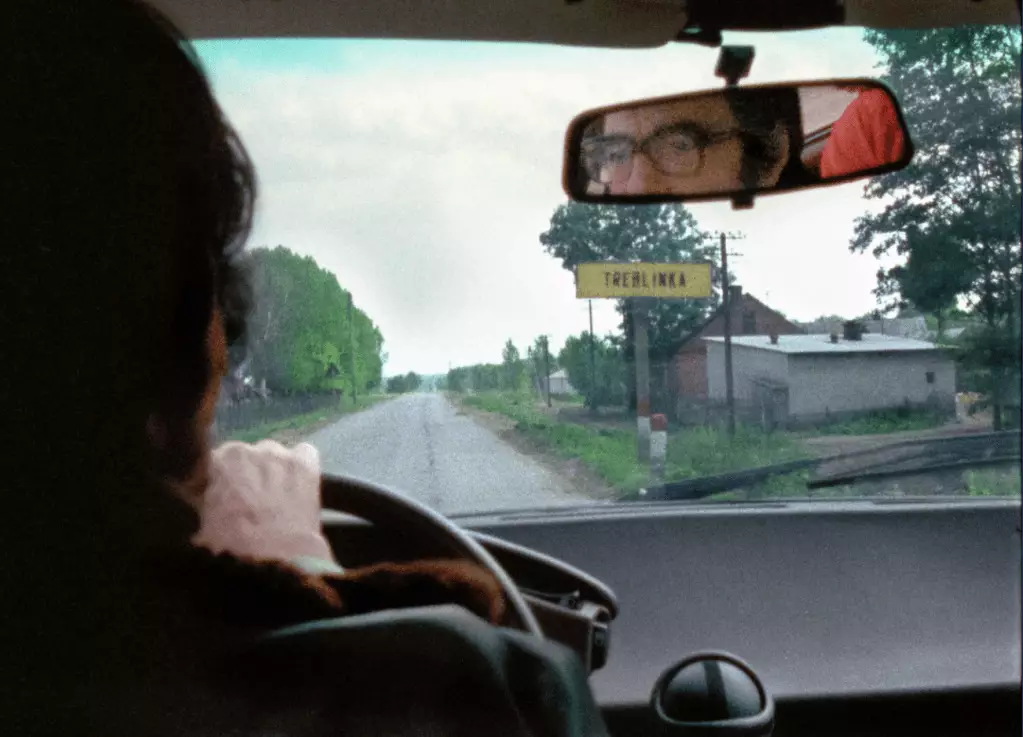In the realm of documentary filmmaking, few works resonate as profoundly as Claude Lanzmann’s “Shoah,” which returns to the spotlight at the Berlin Film Festival, marking its 40th anniversary. Spanning nearly ten hours, this groundbreaking film delves into the Holocaust, offering a comprehensive exploration through interviews with survivors, bystanders, and perpetrators from a staggering 14 countries. Lanzmann’s approach eschews historical footage, opting instead to create a haunting tapestry of the Jewish tragedy through personal recollections. This unique method transforms “Shoah” into a powerful experience, compelling audiences to confront the atrocities of the Holocaust without the veil of post-production manipulations.
The Berlinale program aptly notes that “Shoah” serves not just as a documentary but as a medium that effectively “reincarnates” the events surrounding the Holocaust. By revisiting the locations where horrific acts transpired, Lanzmann manages to evoke a visceral connection between the audience and the past. The film’s chilling interviews serve as a testament to the human experience, encapsulating both the shared and individual traumas of those affected. Such an audacious approach necessitates a deep engagement with history, demanding that viewers reflect on the implications of silence and complicity in the face of catastrophic events.
Coinciding with the film’s milestone, a new documentary titled “All I Had Was Nothingness” (Je n’avais que le néant) directed by Guillaume Ribot has premiered at the festival. This film pays homage to Lanzmann while also revealing a previously unseen segment of “Shoah,” capturing an unsettling interaction where neighbors of a suspected war criminal express indifference toward the horrors of the past. This moment amplifies the relevance of Lanzmann’s work in contemporary discourse, reminding audiences that the echoes of history persist and provoke critical reflection on human behavior in times of moral crisis.
In recognition of its significance, the UNESCO Memory of the World Register recently added “Shoah” to its list, a decision reflecting the film’s indispensable role in preserving collective memory. Ribot’s film utilizes Lanzmann’s own words and previously unreleased footage, which together amplify the director’s relentless commitment to uncover the untold narratives surrounding the Holocaust. Lanzmann’s passing in 2018, a year after his last film “Napalm,” adds another layer of poignancy as the world reflects on the centenary of his birth this year. The tribute illuminates not only his vast contributions to cinema but also the personal connections he fostered, leaving an indelible mark through both his professional and intimate relationships.
The Berlin Film Festival’s celebration of “Shoah” provides a crucial opportunity for audiences to re-evaluate this monumental work. By engaging with Lanzmann’s film both as a historical document and an artistic masterpiece, viewers are challenged to confront the uncomfortable truths about humanity’s darkest moments. It compels us to critically examine our own roles in societies where indifference can prevail over justice, and reminds us that the lessons of the past remain vital in guiding us toward a more compassionate future. As we delve into the impacts of “Shoah” and the ongoing relevance of its themes, we reaffirm the importance of remembering, recognizing, and reckoning with history.

Leave a Reply